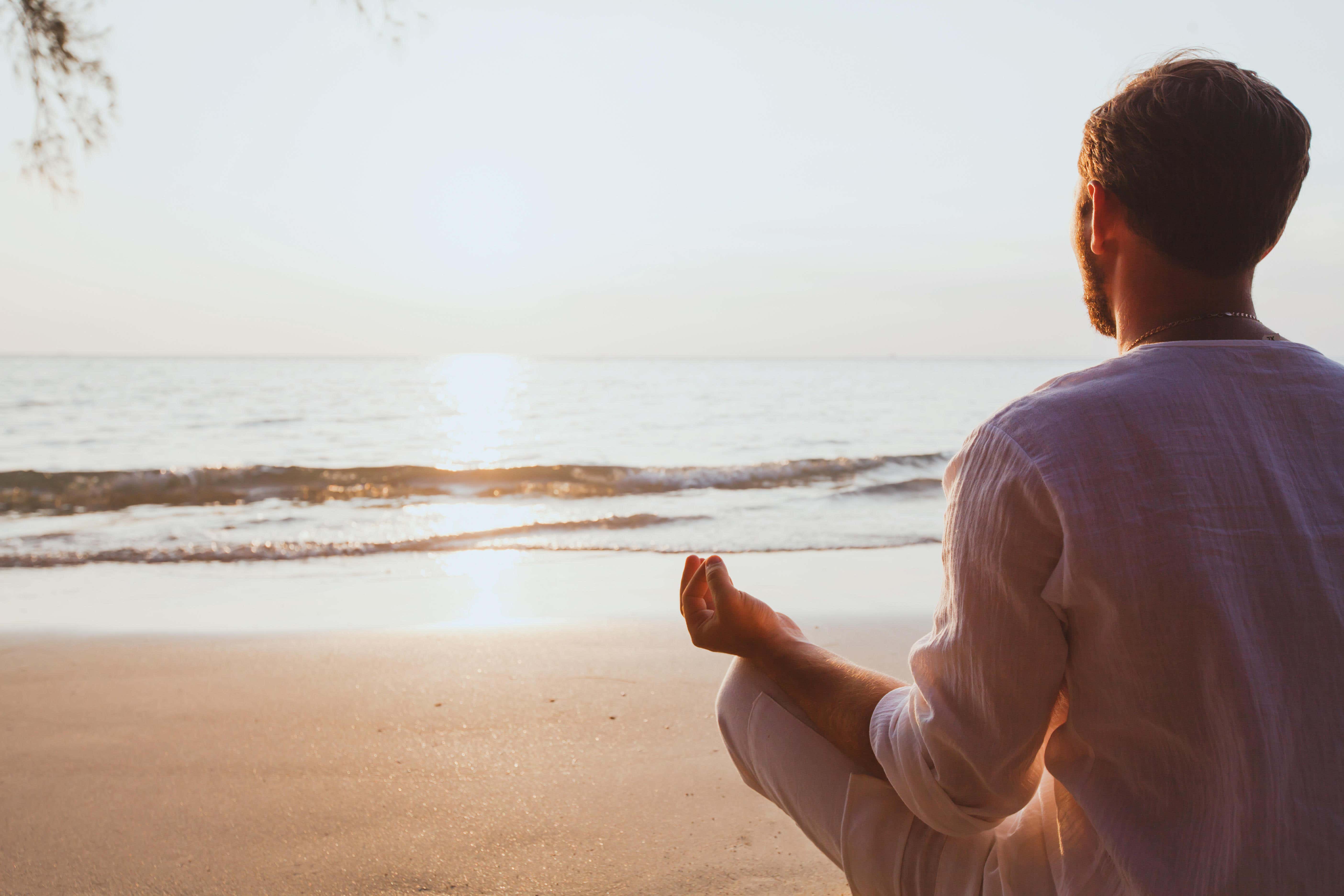Deep meditation can ‘improve gut bacteria’ – study
This in turn could offer benefits for physical and mental health, researchers said.

Practising meditation could help improve a person’s gut bacteria and in turn reap benefits for their physical and mental health, according to a new study.
Regular and deep meditation, performed for several years, may help to “enrich” a person’s gut microbiota, according to the new reserach.
This could help lower the risks of physical and mental ill health, including anxiety, depression and heart disease, academics said.
The gut microbiota can influence the brain and impact mood and behaviour through the microbiota–gut–brain axis, academics from China and Pakistan wrote in the journal General Psychiatry.
Several bacteria enriched in the meditation group were associated with the alleviation of mental illness
The research team said that the question of whether meditation can influence gut microbiota is of “increasing interest” as they set out to examine Tibetan monks compared to their non-religious neighbours.
They examined blood and stool samples from 37 Tibetan Buddhist monks from three temples and 19 of their neighbouring residents.
The monks had been practising a deep form of meditation for at least two hours a day for between three and 30 years.
Experts found that the microorganisms in the gut – including bacteria, fungi and viruses – differed substantially between the two groups.
Several of the organisms were “were significantly enriched in the meditation group”, researchers found.
“Collectively, several bacteria enriched in the meditation group were associated with the alleviation of mental illness, suggesting that meditation can influence certain bacteria that may have a role in mental health,” the authors wrote.
The researchers added that: “Long term meditation enhanced the body’s immune function and reduced the risk of cardiovascular disease”.
They did stress however that the study numbers were small and all of the monks and Tibetans involved live at a high altitude, making it hard to draw generalisations from the findings.
“Long-term traditional Tibetan Buddhist meditation may positively impact physical and mental health,” they wrote.
“We confirmed that the gut microbiota composition differed between the monks and control subjects.
“The microbiota enriched in monks was associated with a reduced risk of anxiety, depression and cardiovascular disease and could enhance immune function.
“Overall, these results suggest that meditation plays a positive role in psychosomatic conditions and well-being.”
It comes as a separate study, published in the journal Occupational & Environmental Medicine, found that frequent visits to parks and other green spaces are linked to a lower use of certain prescription medicines among people who live in cities.
The new study examined data on 6,000 randomly selected residents of Helsinki, Espoo, and Vantaa in Finland – including information on visits to green and blue spaces as well as their current prescription medicines.
Researchers from the Finnish Institute for Health and Welfare found that people who visited green spaces three to four times a week had 33% lower odds of using mental health medications, a 36% reduced risk of using blood pressure medicine, and 26% lower odds of using asthma medication, compared to people who visited a green space just once a week.
“Higher frequency of green space visits was associated with lower frequency of psychotropic, antihypertensive and asthma medication use, and the association was not dependent on socioeconomic status,” they concluded.
Bookmark popover
Removed from bookmarks